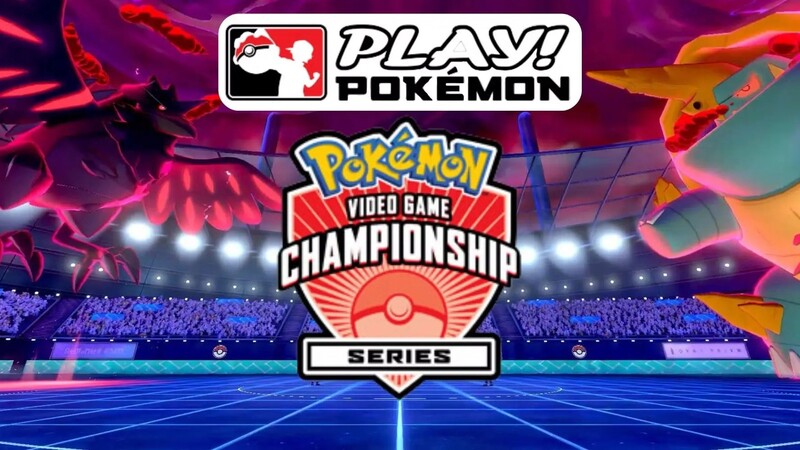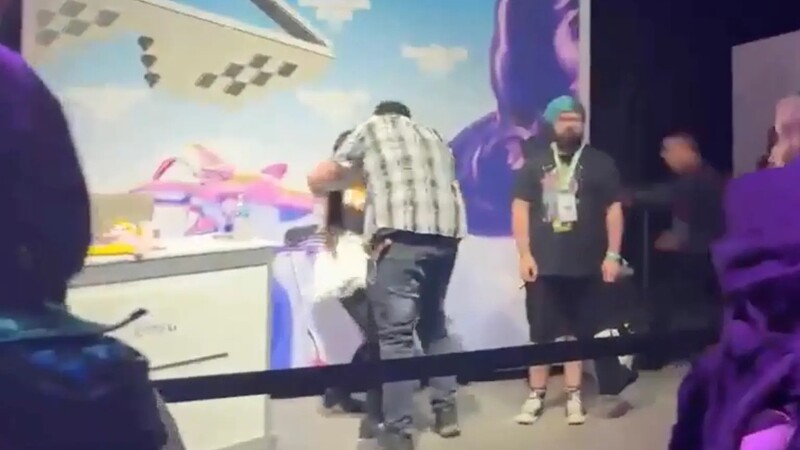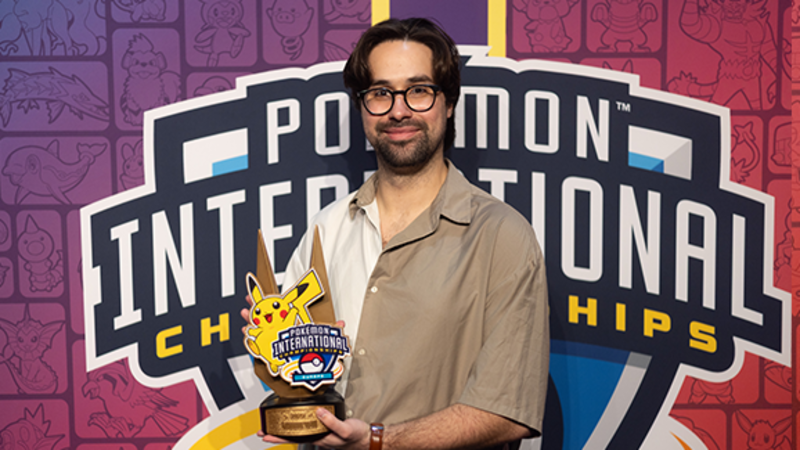From Pokemon Tournaments to TwitchCon Stages, Creators are Speaking Out about Harassment and the Lack of Safety at Events.
Two prominent figures in gaming and streaming, Pokemon VGC champion Wolfe Glick and Twitch streamer Emiru, have brought renewed attention to a very troubling issue. That is the harassment and physical boundary violations that public personalities continue to face, both online and in person.

Wolfe Glick’s Experience at Competitive Pokemon Events
Wolfe Glick, a world champion and one of the most recognizable faces in the Pokémon Video Game Championships (VGC) scene, recently released a YouTube video describing the harassment he’s endured at tournaments over the past season. In the video, Glick revealed that during five of the seven events he attended in the 2024–2025 circuit, fans groped or touched him without consent, including several incidents that were sexual in nature. One such moment occurred while he was suffering from severe neck pain, and the repeated contact became so overwhelming that he left the event early.
Over ten people touched me in one day
Glick said, explaining that what once felt like enthusiasm from fans had crossed into violation.
Beyond the physical encounters, Glick said he’s also faced increasing levels of online vitriol and parasocial behavior, where fans treat him as a character rather than a person. These combined experiences, he explained, have made the competitive environment feel unsafe and exhausting. As a result, Glick announced he would not produce his usual Worlds recap video and remains uncertain about attending future live tournaments. He said:
I love Pokemon, but I can’t keep pretending this is normal.
His statement has sparked widespread discussion within the VGC community about how tournaments handle fan interactions and whether event organizers are doing enough to protect players from harassment.
Emiru’s Assault at TwitchCon 2025
I was only going to focus on the Wolfe Glick part, but I felt that would be wrong not to mention this other recent happening as well. Another disturbing story emerged from TwitchCon 2025 in San Diego. Popular streamer Emiru (Emily-Beth Schunk) was assaulted during a fan meet-and-greet when a male attendee pushed past barriers, grabbed her face, and appeared to try to kiss her.
Footage of the incident spread rapidly online, prompting outrage and criticism of TwitchCon’s security response. Emiru later confirmed on stream that staff did not intervene immediately, allowing the man to walk away before being identified and banned later that day. Following the backlash, Twitch CEO Dan Clancy issued a public apology, admitting,
We failed, both in allowing it to occur and in our response following.
Emiru has since stated this will likely be her final TwitchCon appearance, citing safety concerns.

A Pattern Across Gaming and Streaming
While Wolfe Glick’s and Emiru’s situations occurred in very different settings, the parallels are hard to ignore. Both describe violations of personal boundaries. Whether it was through inappropriate touching, unwanted physical contact, or a lack of respect for consent, these incidents highlight a growing problem across gaming and streaming culture. That is the erosion of personal space amid rising parasocial pressure. Fans often feel intimately connected to creators they follow closely. In return, that connection can blur the line between admiration and entitlement. For public figures, the emotional and physical toll can be immense. This has led many to reconsider their participation in events or conventions.
The Broader Conversation About Safety
The revelations from both Wolfe Glick and Emiru have reignited calls for stronger safety protocols at fan conventions and esports tournaments.
- In competitive gaming, players are urging organizers to implement clearer boundaries for meet-and-greets and improve staff oversight.
- At conventions, creators are demanding stricter crowd control and faster intervention from on-site security.
Ultimately, these events underscore a shared truth: fame in digital spaces doesn’t negate the right to personal safety and respect. Whether it’s on a tournament stage or convention floor, creators deserve the same boundaries anyone else would expect.
A Personal Perspective
My own experience hasn’t been anywhere near the level of what Wolfe Glick or Emiru faced. There is one moment that still stands out to me. During the Journey into Nyx Magic: The Gathering pre-release event years ago, I was opening my sealed product when I suddenly felt someone right beside me. I turned, startled, to find a woman — there with her boyfriend, both about my age — leaning in close and sniffing me.
When I asked what she was doing, she just smiled and said
You smelled good.
It wasn’t malicious, but it was kind of weird and awkward. Another reminder that even small boundary crossings can leave a lasting impression. My experience doesn’t compare to the more serious cases discussed above. Although it still reflects the same issue. People sometimes forget that shared hobbies don’t erase the need for personal space and respect.
Final Thoughts
Wolfe Glick’s revelations about sexual harassment within the Pokemon VGC community and Emiru’s assault at TwitchCon point to a broader, systemic issue within gaming culture. Both incidents reveal how blurred fan boundaries, poor security, and parasocial entitlement have left even the most high-profile figures vulnerable. The message is clear. It’s time for organizers, fans, and platforms to do better. Because creators shouldn’t have to choose between their passion and their safety.
Author’s Note
As someone who’s followed both the competitive Pokemon scene and the streaming world for years since the JustinTV days, it’s deeply disheartening to see these stories keep repeating. Wolfe Glick and Emiru exist in different corners of gaming. Yet they both faced the same issue: their boundaries were ignored in spaces that were supposed to celebrate their work.
These aren’t isolated events. They’re part of a culture that still struggles to understand consent and respect in public fandom. Supporting someone doesn’t mean owning access to them, and admiration should never cross into violation. So be mindful and respectfully approach people. If the community wants to grow, it has to start with empathy and accountability.


1 comment
[…] Wolfe Glick's Experience at Competitive Pokemon Events. Wolfe Glick, a world champion and one of the most recognizable faces in the Pokémon Video …View full source […]
Comments are closed.